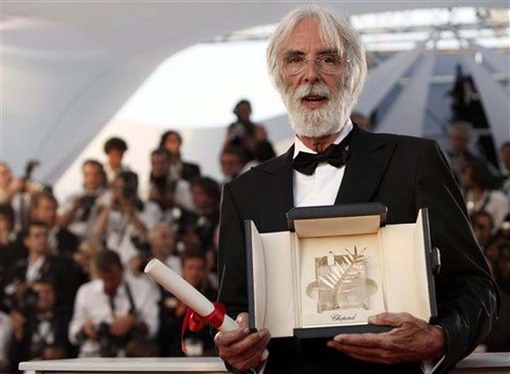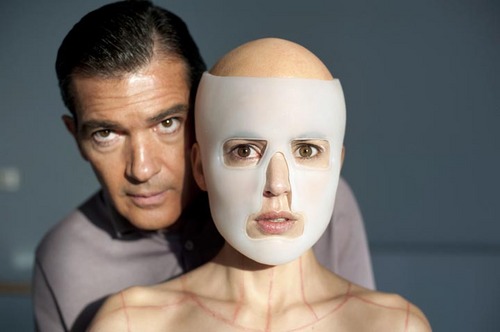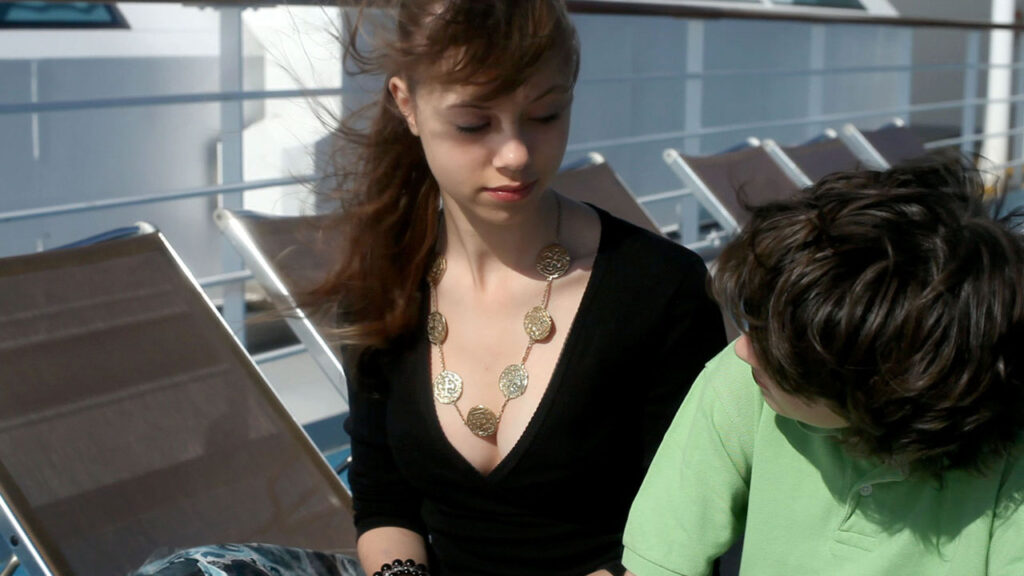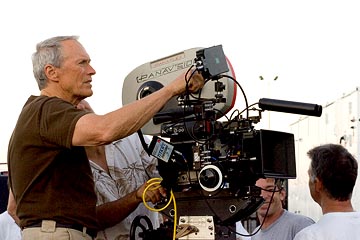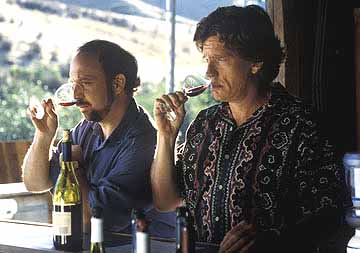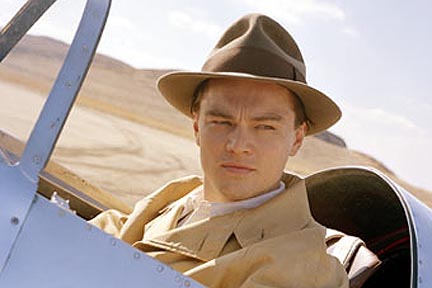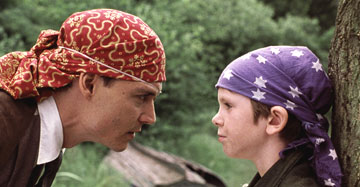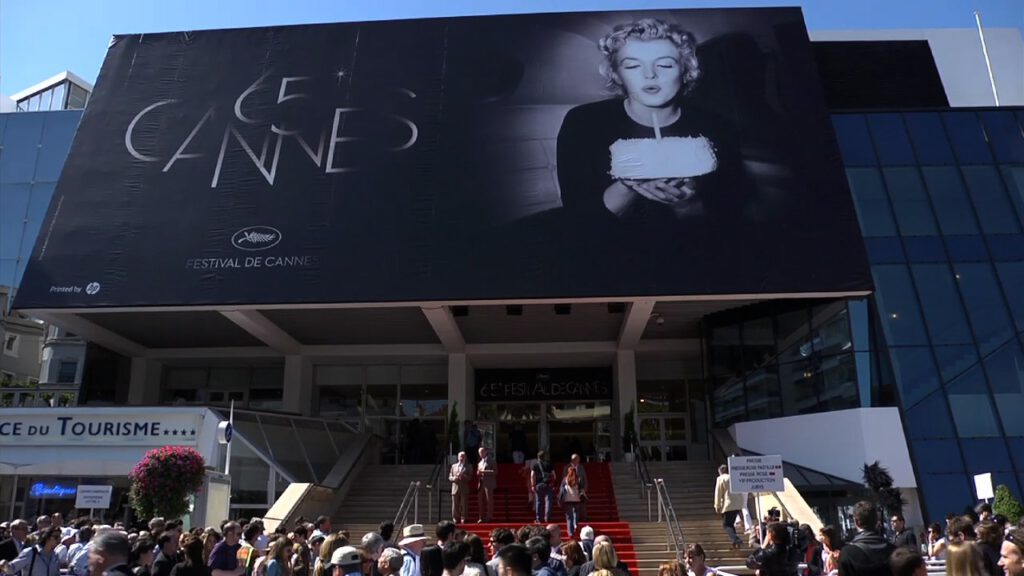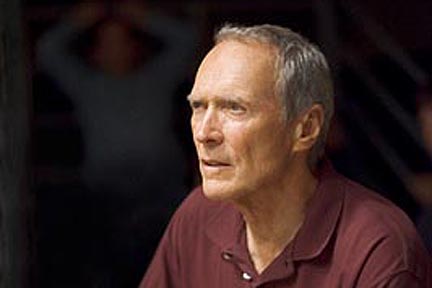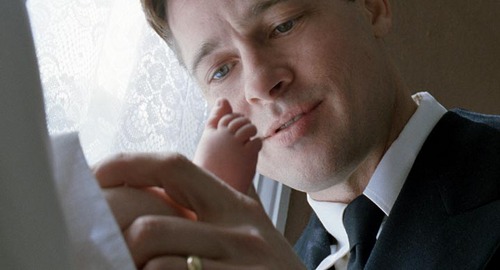
Tree of Life: Lyrical, spiritual, kitsch
Terence Malick’s long-awaited “The Tree of Life” premiered in competition today, with an 8:30 am press screening. I anticipated seething crowds, so headed off to the Palais a little early. Entrance areas were jammed, and the Grand Theatre Lumiere was nearly full at only 7:55 am. A friend who had been holding a seat for me estimated that he had been about 200th in line when arriving at 7:30 am.
“The Tree of Life” was announced for last year’s Cannes festival, but withdrawn when it wasn’t completed in time. Although Malick has directed only four features in his more than 40-year career as writer/producer/director (“Badlands,” “Days of Heaven,” “The Thin Red Line,” and “The New World), his cult reputation is such that many here were itching to declare “The Tree of Life” a masterpiece before the first frame ever hit the screen.
I think at least a few hopes were dashed this morning. As the film reached its conclusion there was a fadeout that turned out to be a false ending. People immediately jumped to their feet to exit in the dark, as always happens here, and a few dozen loud boos erupted from points all over the theater. Another image came on and those leaving stopped in their tracks and fell silent until Malick’s director credit appeared. Applause followed, along with an equal amount of booing.

